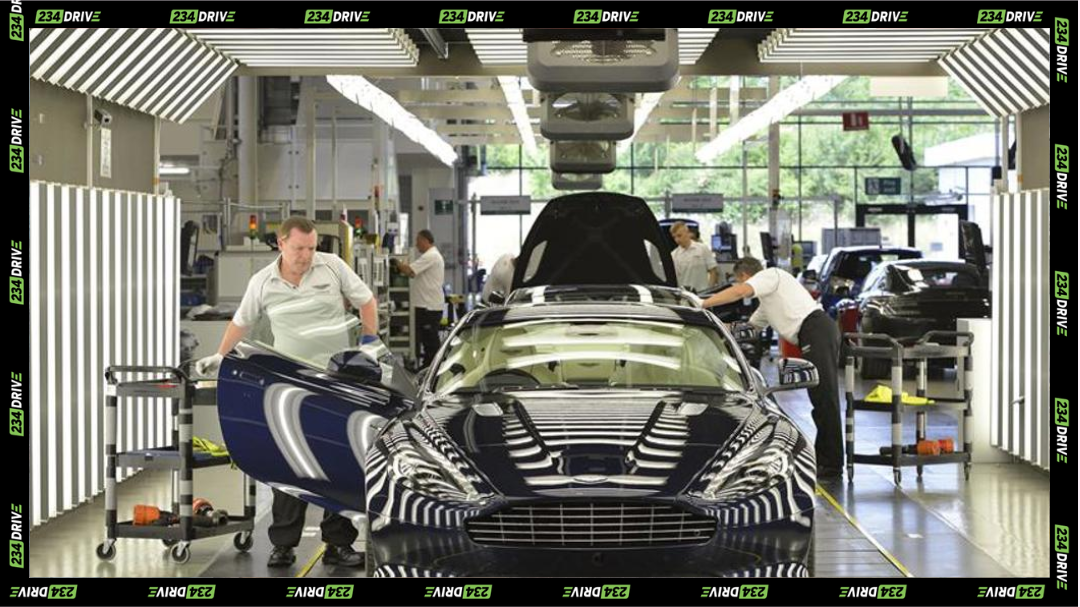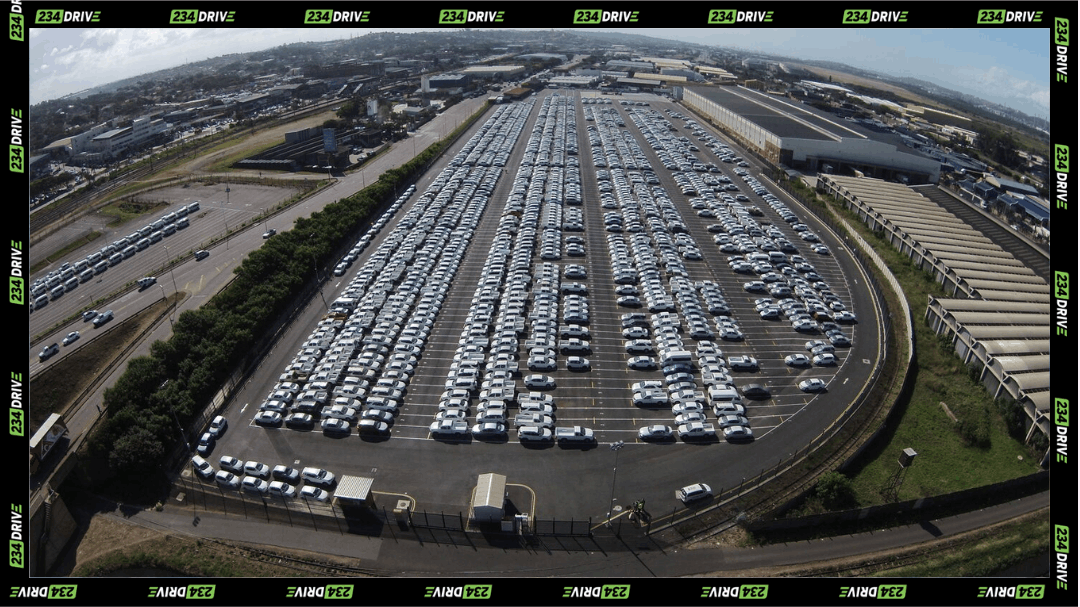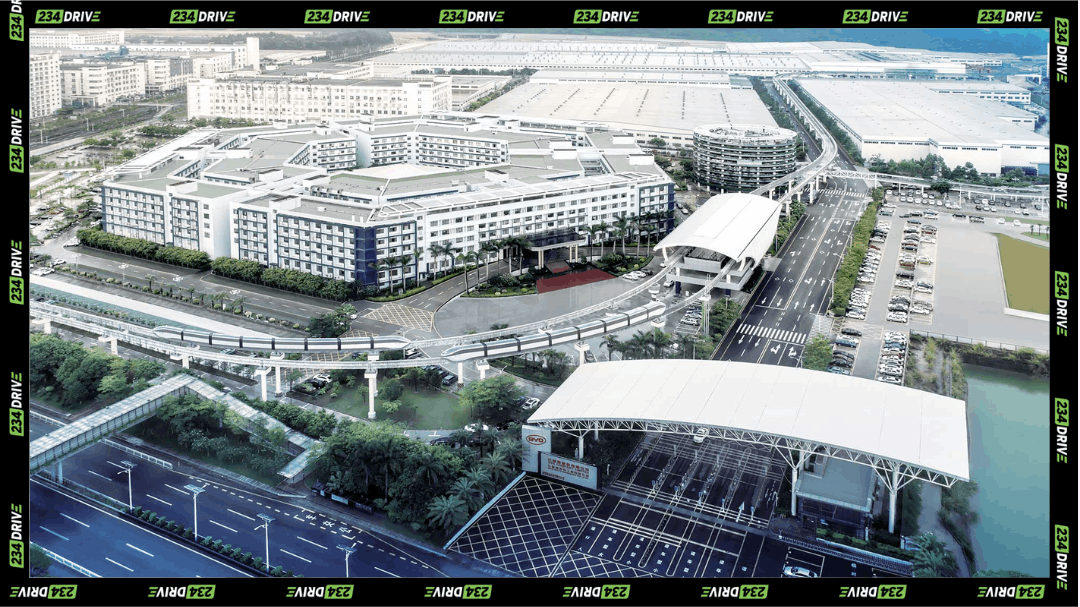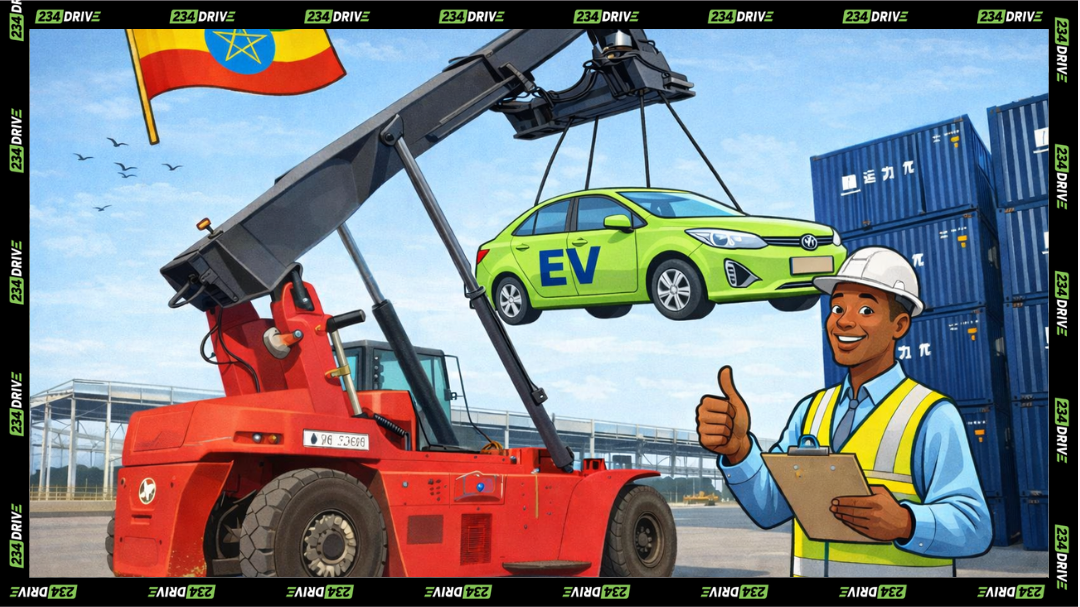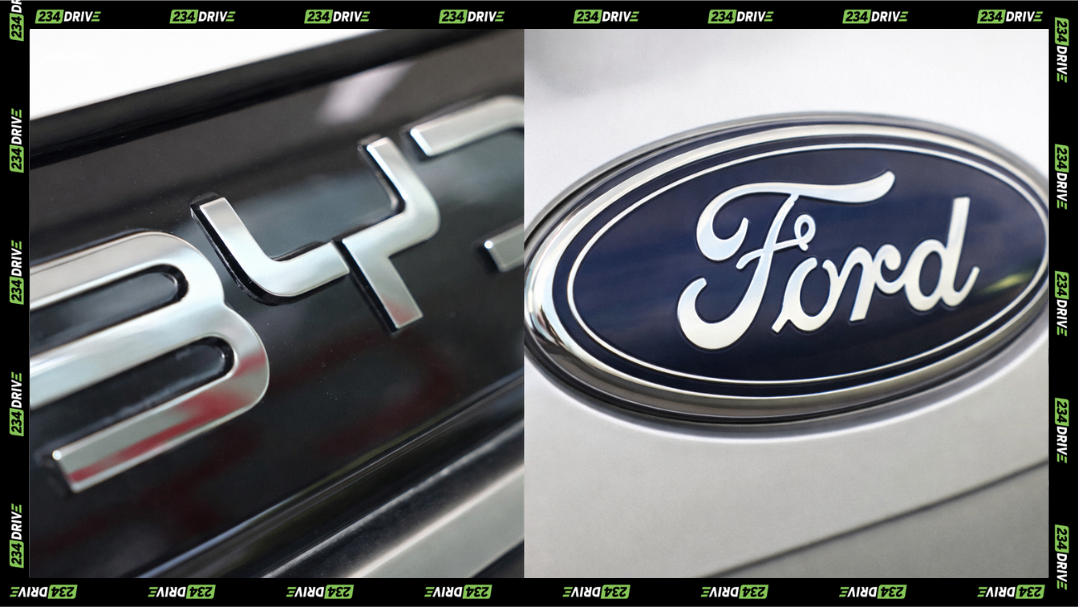GoCab Nigeria has brought the conversation around electric vehicles in Nigeria from theory to the streets with the launch of the FAW/Bestune range of EVs. The unveiling, which took place in early October 2025, represents a bold move toward making sustainable mobility attainable for ordinary Nigerians. The vehicles combine extended battery ranges with fast-charging technology and a durable chassis built for Nigeria’s roads. With a focus on practicality, GoCab’s goal is to ensure electric vehicles no longer remain luxury items but everyday tools for commuters navigating the country’s economic realities.
The partnership between GoCab Nigeria and China’s FAW Group signals a strategic shift toward cleaner transportation. These next-generation EVs are designed to meet the daily needs of both city and rural users while keeping costs low. They feature improved ground clearance, heat-resistant battery management systems, and smart infotainment options to enhance the driving experience. The company plans to establish charging points across major cities, collaborating with government agencies and energy providers to build the infrastructure necessary for widespread EV use.

Source: The Sun
This development arrives at a critical moment for Nigeria’s vehicle market. The country’s automotive sector is heavily reliant on imports and continues to struggle with foreign exchange scarcity, high import tariffs, and limited vehicle financing. These challenges have constrained new car sales, with figures from the first half of 2025 showing an 18.4% year-on-year decline to around 19,000 units. Used car imports dominate the market due to affordability issues, while the electric vehicle segment remains below 1% of total sales. Despite these constraints, government policies such as the Energy Transition Plan are setting ambitious goals: 60% EV market share by 2050 and 100% by 2060.
GoCab’s entry into this space fits within a growing national movement. FAW Nigeria showcased luxury EVs earlier in September 2025, while local innovators like Mustapha Gajibo are already producing electric buses capable of over 200 kilometres on a single charge. Lagos’s Lagride initiative, which recently added 100 EVs to its fleet, also signals state-level support for clean transport. However, major barriers remain—particularly the lack of reliable charging infrastructure and the high cost of batteries, most of which are imported. These factors continue to affect the total cost of ownership, making adoption slower than policymakers envision.
Market data highlights both progress and struggle. While Nigeria’s total vehicle demand, including used imports, may exceed one million units annually, new car sales have stagnated below 50,000 units and are projected to remain there through 2028. Toyota Nigeria expects to sell only about 3,000 units in 2025, showing how economic pressures continue to affect consumer purchasing power. The EV market’s current share is minimal, yet its long-term potential is undeniable. Analysts expect the market to expand gradually as infrastructure, financing options, and consumer confidence improve.
The success of GoCab’s EV rollout will depend on how well it addresses these underlying challenges. Its approach—targeting affordability, durability, and fleet-based adoption—positions it as a catalyst for change in Nigeria’s mobility landscape. By focusing on partnerships, GoCab aims to establish a self-sustaining ecosystem of charging stations, maintenance hubs, and accessible financing. This could lower running costs for operators such as ride-hailing drivers and delivery companies who currently face fluctuating fuel prices.
Nonetheless, the road ahead will not be without hurdles. Unstable electricity supply threatens the efficiency of charging stations, while fluctuating exchange rates could push up vehicle prices. There’s also the challenge of standardising EV policies, including import rules and tax incentives, which remain inconsistently applied across states. Despite these obstacles, the broader outlook is optimistic. If properly implemented, Nigeria’s energy transition policies could create the momentum needed for large-scale EV adoption by the early 2030s.
For now, GoCab Nigeria’s serves as a real-world experiment for the future of transport in Africa’s largest economy. By prioritising affordability and accessibility, the company is setting a new tone for the region’s green mobility ambitions. Whether this effort evolves into a nationwide shift or remains an isolated push will depend on how quickly infrastructure and financing align with innovation. What’s clear is that GoCab has sparked a necessary conversation, bringing Nigeria one step closer to a sustainable automotive future.


